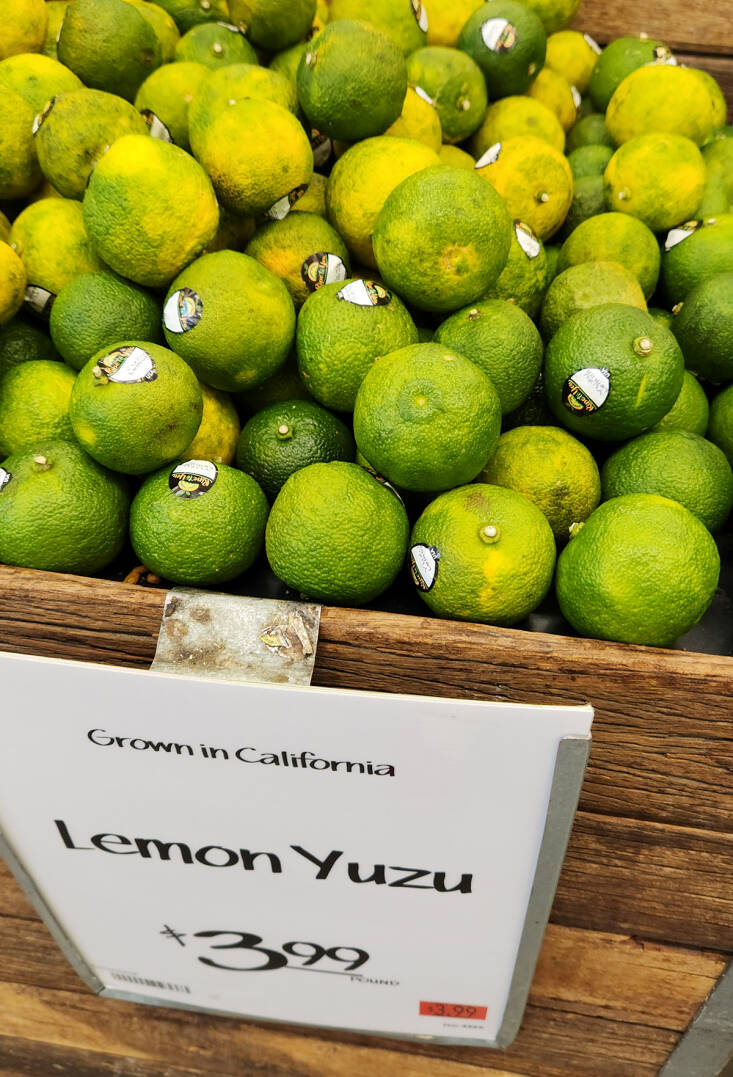Yuzu is the unforgettably fragrant citrus whose enthusiasm is a siren call to anybody who enjoys to consume. Or beverage. Or simply smell the world. Whether immature and green, or ripe and golden, this citrus is addictively scrumptious. The fruit’s season starts in early fall and extends through mid-winter. You can grow your own, or purchase them. And protecting your valuable crop (or purchase) is half the enjoyable.
Here’s how.
Photography by Marie Viljoen.

The fragrance of yuzu is really various from lemon. Ripe yuzu is flower and spicy. It’s difficult not to smile when you smell it. The thick skin and fragrant pith make the fruit appearance somewhat rumpled in cross-section, as though a clementine has actually slimmed down inside its coat and wishes to shrug it off.
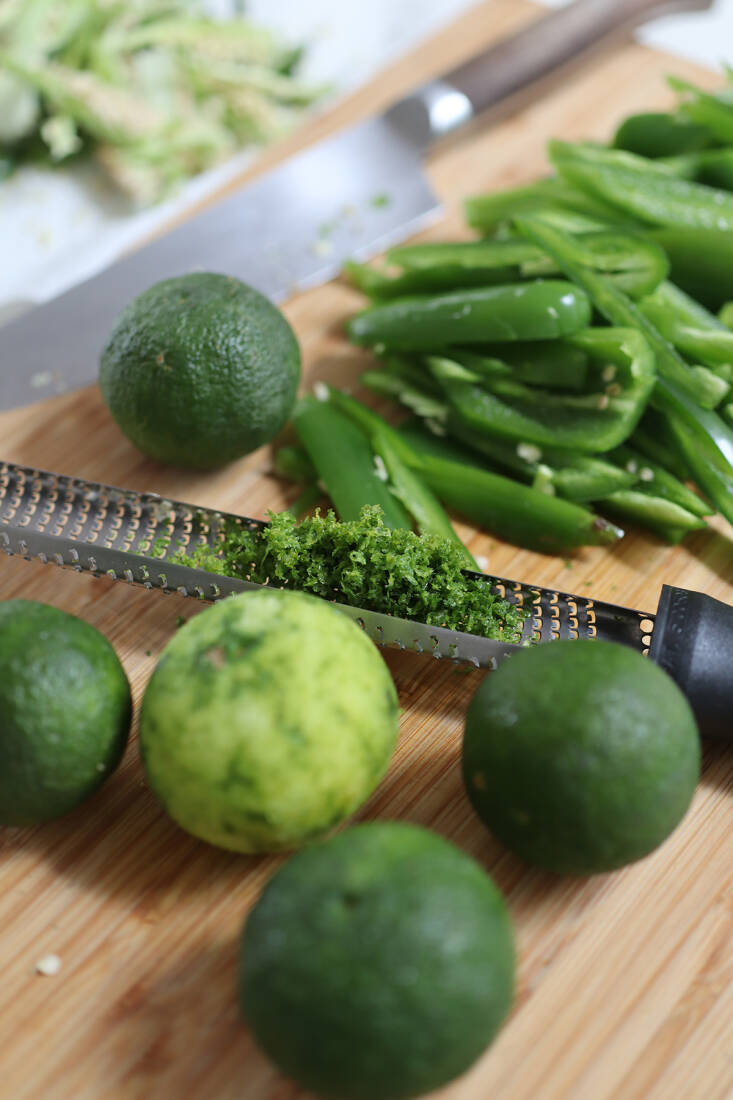
When unripe and green, the enthusiasm is piercing and more organic. Immature, rock-hard green yuzu pertained to market around early fall, depending upon where they are grown. Their piercingly fragrant green skin is a necessary active ingredient in yuzu kosho, a fragrant fermented relish made with hot chiles.
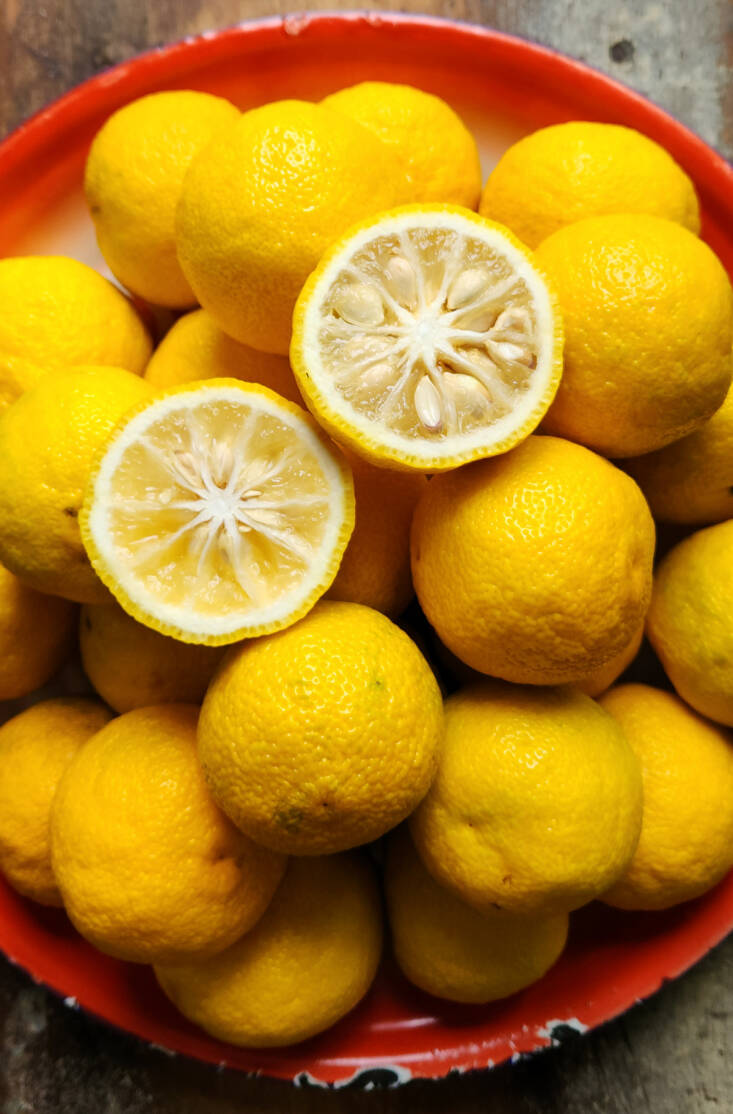
Inside the cut fruit, you will discover lots of (lots of) big seeds and not excessive juice. However it’s the thick skin and pith that are required to make significantly aromatic yuja-cheong (transliterated Korean for yuzu marmalade), made by integrating fresh yuzu pieces with sugar (discover our dish here). Spoonfuls of yuja-cheong are stirred into boiling water for restorative tea ( yuja-cha), where the pieces can be consumed after the liquid has actually all been drunk. It is likewise wonderful shaken into a mixed drink, or stirred into cooled water, for an uplifting event.
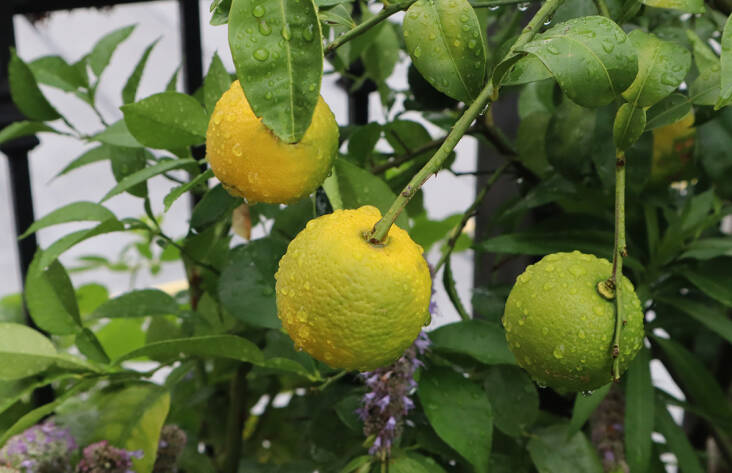
For garden enthusiasts, yuzu trees can be grown in pots or in ground. As September cools into October, my own tree will yield a little crop of ripe yellow yuzu, with a 2nd crop to follow. Citrus junos is among the hardiest of the citrus trees and has the ability to endure freezes in USDA Zone 8. Any chillier and you ought to overwinter it inside. Yuzu trees from 4 Winds Growers are implanted onto dwarf rootstock, that makes them perfect for containers.
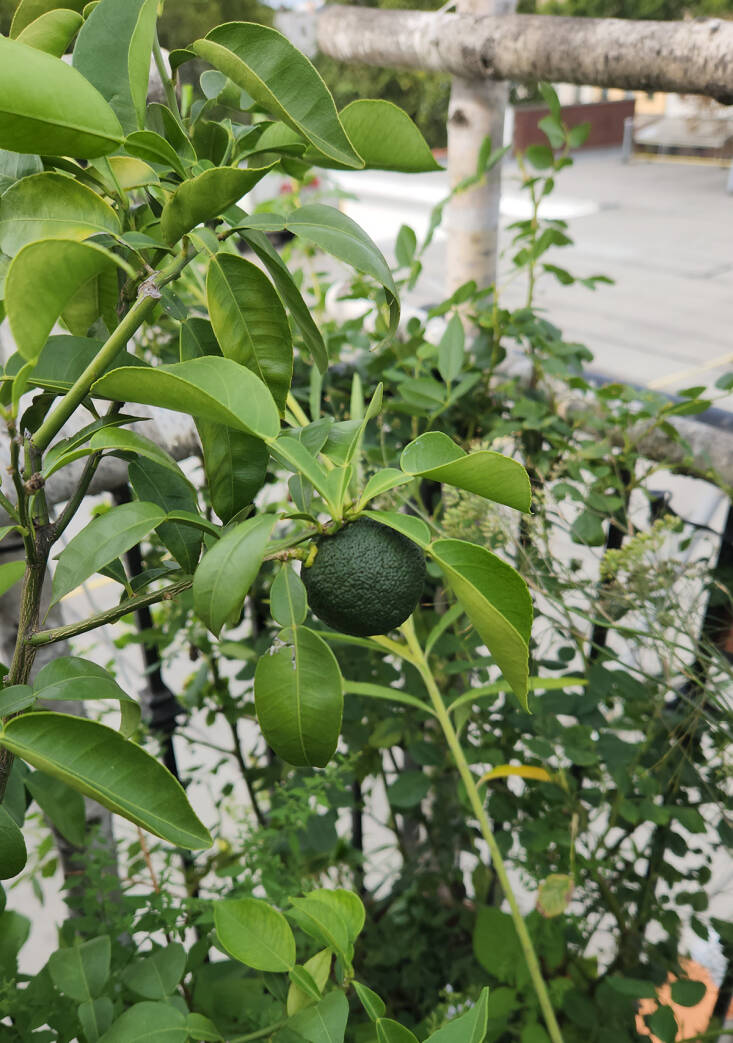
Due to the fact that industrial citrus production is susceptible (like any monoculture) to insects and illness, imported yuzu are not presently enabled into the United States. However thanks to an increasing variety of growers Stateside, fresh fruit is readily available for a short season either straight from those growers, online by means of a supplier, and even at some grocery stores, like Whole Foods. Start searching for them in October, when they will still be green. Ripe fruit tend to be readily available from December.
